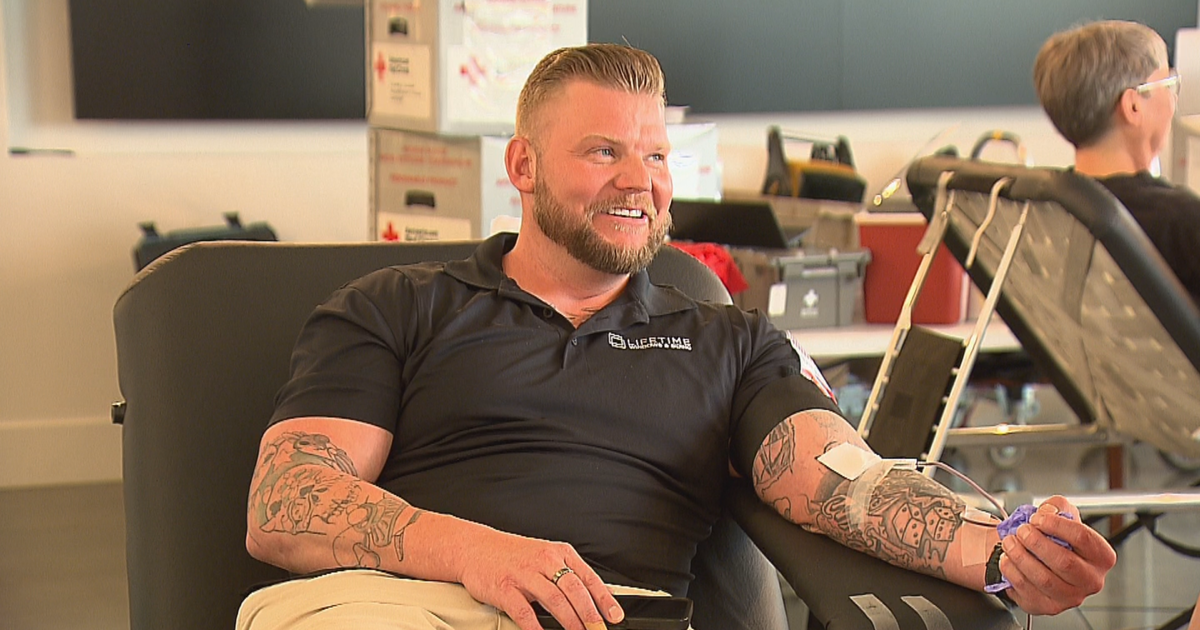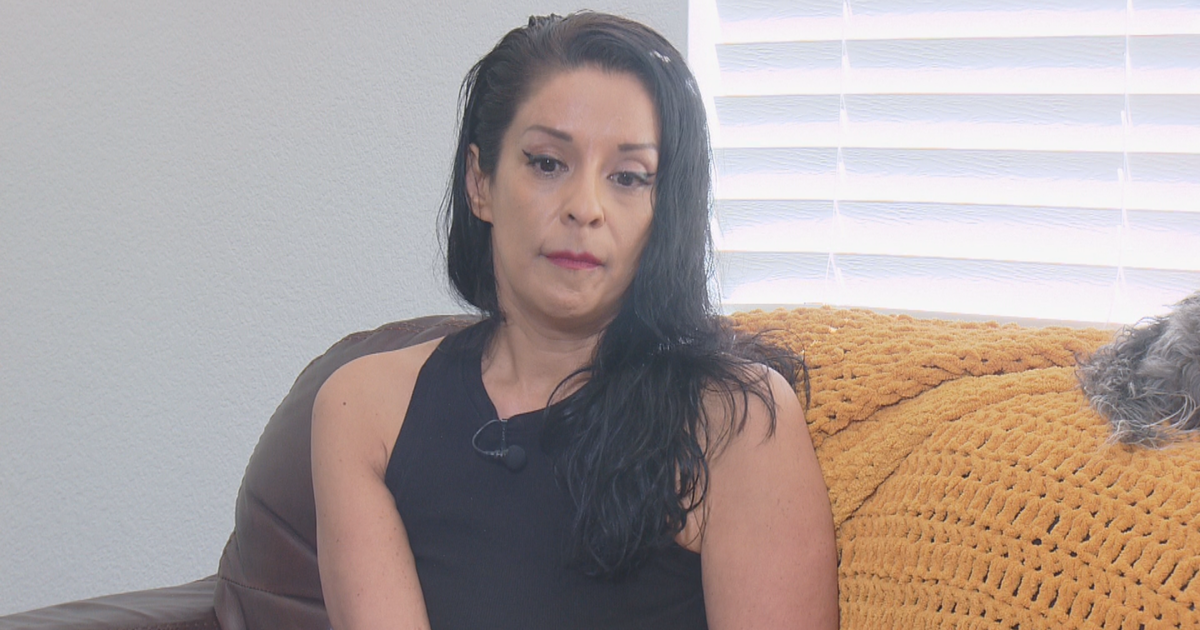What Can We Do About The Stress?
DENVER (CBS4) - These are hard times we never expected.
"You know, no income coming in. Trying to make the lease payments and the mortgage and keeping food on the table," said Bryan Rudiha. "I try not to get too stressed out over things I have no control over."
That's a healthy attitude, but it's tough to keep going.
"There's no break. And there's a lot of fear and with fear comes a lot of tension," said one woman about how tough life has become at home. All over Colorado, doctors are reporting people in greater crisis.
"People are struggling and rightfully so," said UCHealth psychologist Dr. Justin Ross.
First, he says, it's about loss.
"It really can hit all major areas of life. From health and wellness to family health and wellness to career and economic stability to long term planning for well-being and their future."
He says it's really important for people to be aware of the loss and "give themselves permission to feel that loss."
We are dipping into fear and anxiety, anger and panic. "If people can have the courage to look underneath that to think about what might be underneath the anger, there's almost always another driver."
How do you deal with it? The first thing is really recognizing it.
"Give yourself permission to be aware of what you're thinking and what you're feeling," he told us. "Often what we need to do to start is just capture that in our minds with really simple language of, 'I'm noticing.'"
That's step one. "The second part is to make a little declarative statement in your mind. I'm noticing that I'm upset right now."
Then to treat it, think about your breathing.
Ross said, "I have this really terrible saying that if you're not breathing, you're having a bad day."
So he talks about breathing. Take a few moments, he says, every day "to really work on slowing and deepening and making your breath more rhythmic can help your body sort of become a little bit more stable."
Then you can use that breathing along with other methods. One he calls, "5-4-3-2-1." It's about lighting up your senses to make your mind return to the present moment where our senses can only exist. That takes your mind off the future.
He suggests you find five things you can hear and recognize them.
"And just notice around you what are five things that you can hear in this moment."
Then take four deep breaths and find four things you can feel on your skin. Then take three deep breaths and find three things you can see, two deep breaths and two you can taste and one breath and one you can smell.
"Once you get to the end of that I guarantee almost everybody feels this change," said Ross. (Other professionals have those in different orders, but that's Ross' preferred order.)
There are obviously more serious moments of crisis that require professional help and sometimes right away, but these methods might help a little with the burden we call carry right now. One that's not going to go away anytime soon.
If you have a Good Question for CBS4's Alan Gionet, you can email it to goodquestion@cbsdenver.com or post them to CBS4's social media sites with the hashtag #4GoodQuestion. He will try to report on as many as he can.






